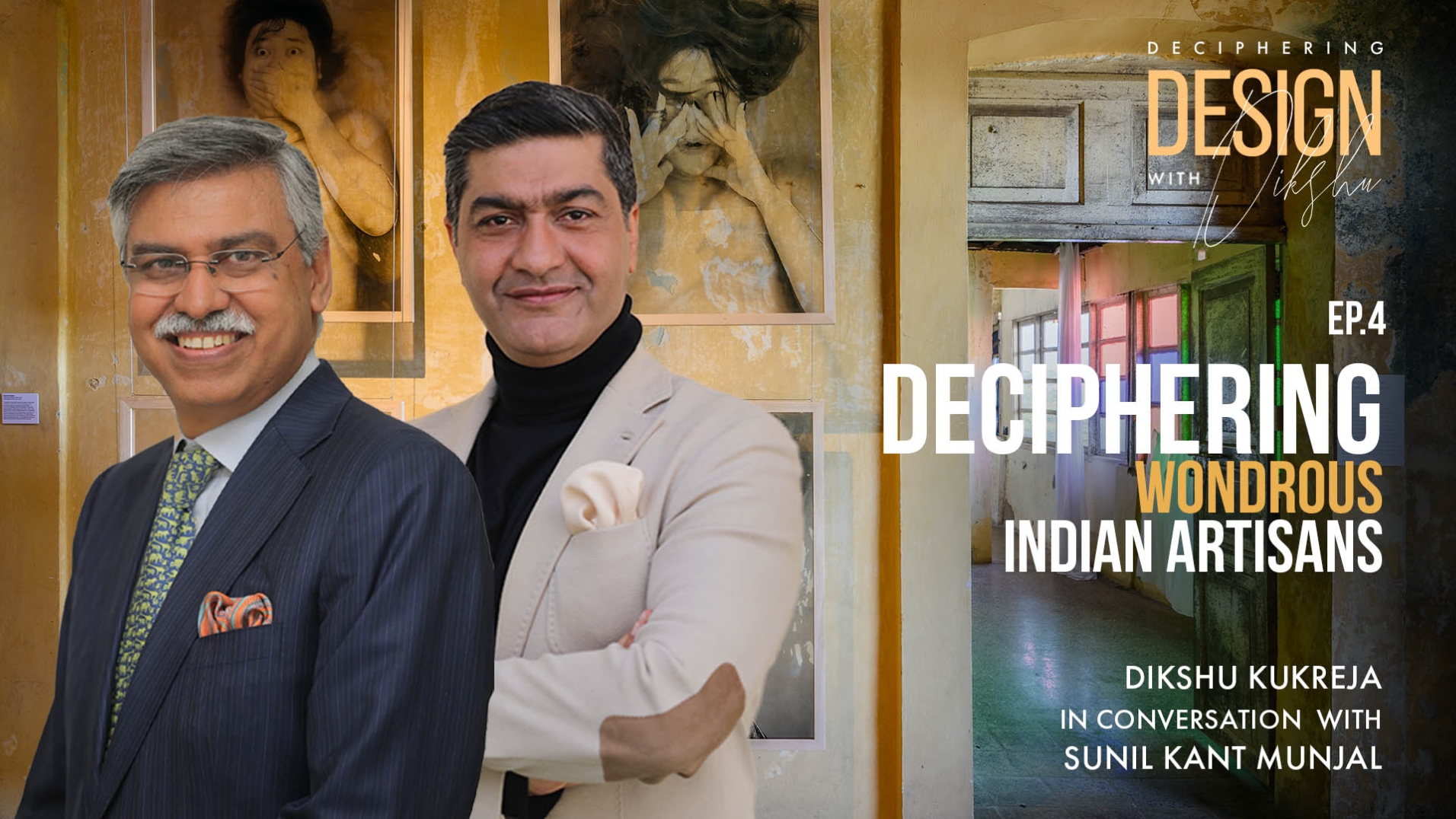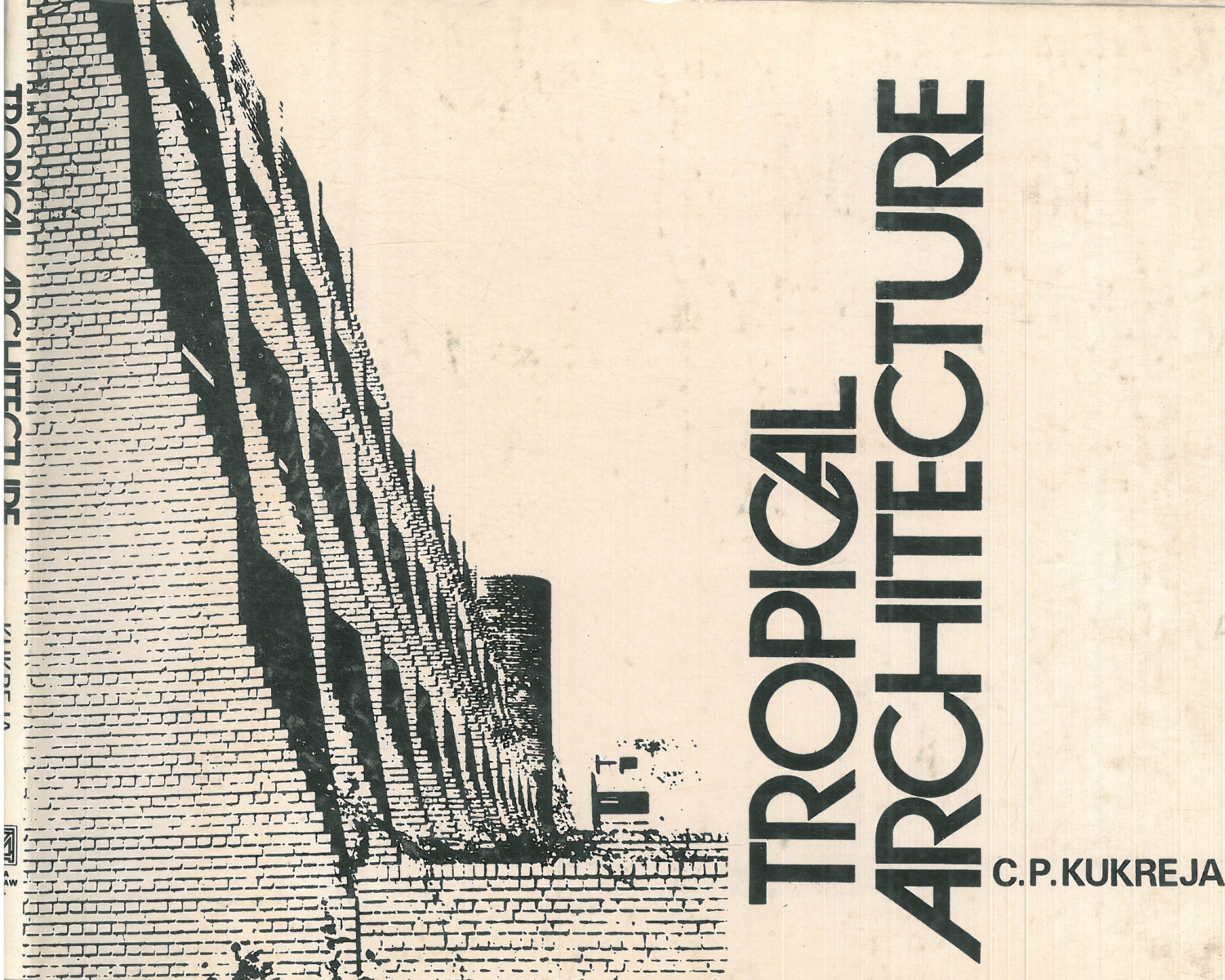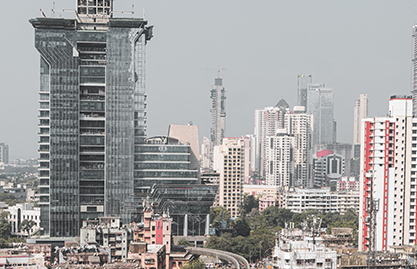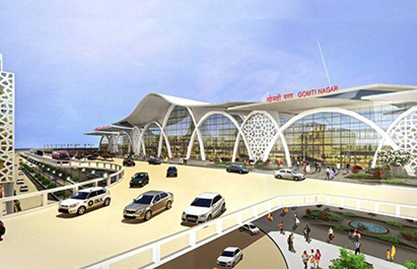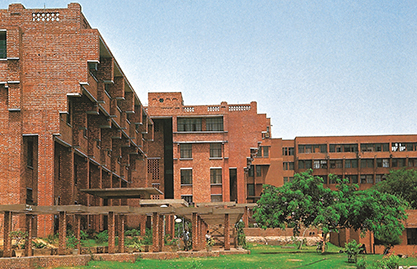Episode 4 : Dikshu Kukreja deciphers India’s soft power with Sunil Kant Munjal
India has been known for its rich culture and heritage and she has been rated the top-most culturally rich country across the globe. Indian artisans are known as the backbone of the non-farm rural economy. This Saturday witnessed a conversation around India’s soft power between designer and architect Dikshu Kukreja of C.P. Kukreja Architects and Sunil Kant Munjal of Hero Enterprises.
“Our culture of art and business skills has been one of the strongest in the world. But in more recent times, we’ve given it a go by and one doesn’t see much of it in homes or offices. In everyday use, it appears that we’ve also started to make this distinction between high art and low art,” said Munjal, when asked about the positioning of India’s resplendent crafts in the contemporary world.
With mobile times and global economies, awareness towards craft and the value of our artisanal skills, and India’s influence in this regard, is coming back and on the rise. However, while the craft is out there and being made present through multiple opportunities, newer generations do not want to carry it forward and are more willing to relocate for jobs. The actual art is getting lost in the urbanisation of lifestyles and the diminished value of its existence.
Useful Resources: Corporate Architecture Firms | Industrial Architecture
“I think for the country to grow in a balanced way, it can’t just be about urban centres and smart cities and all of that. It’s really the balanced growth of urban and rural areas that has to defend it for certain,” says Dikshu Kukreja
The time has come when we put our artisanal skills and products in the limelight and create the right kind of design awareness around it. Understanding the growing importance of design in our day to day lives, Dikshu Kukreja has curated his show, Deciphering Design with Dikshu, to increase sensitivity and create awareness towards design, and bring back the value it holds in our lives. “This show is not just about conversations, it’s about creating a community of like-minded people to come together and create a ripple effect towards design awareness” he says.
Today, Indian artisans are uncertain about their future and are decreasing in number due to a lack of affordable livelihoods. Given this context, the Serendipity Arts Foundation, an initiative led by Sunil Kant Munjal, is doing pathbreaking work by coming up with sustainability initiatives in the arts and craft world for reviving various art forms.
“We widened the scope to look at all art forms because traditionally in India there were no silos or barriers between different art forms as we normally see. What we actually see right now is an inheritance from British times. The Western sensibility looks at arts as theatre, music, crafts and dance — each in its own category. Whereas that was not the way the arts were in India. So, one of our attempts was to bring back different art forms and look at what happens at their junctions,” says Munjal.
Kukreja, Chief Architect of the Live Museum Project, conceptualised by the Serendipity Arts Foundation, is creating a unique building which will speak its own language based on the heritage of architectural design in India. Speaking about the lost richness of Indian culture, which demonstrated itself in its design and architecture, he says, “That is something I ponder over many times because, if you see, our history is witness to the kind of architecture that this country has possessed. I don’t think there are that many places in the world which can have this kind of plethora of works. Somewhere down the line it started to change and unfortunately, I would say, then it slipped into decay before we knew it. Otherwise, there has been tremendous synergy between craftspeople and professionals. Architects were the visionaries who envisioned a great building but the craftsmen were the invisible hands that executed the designs to perfection. In our country, whether it is the stone work or woodwork or metal work or textiles, it has been an amazing journey all through those graphs. So, what you said, I think, is very fascinating because somewhere we have probably followed that Western model.”
Both Dikshu Kukreja and Sunil Kant Munjal are creating common pathways today for creating awareness and bringing to light the importance of design. They are actively working towards building a revolutionary icon through the Live Museum on the cultural landscape of the world.
Log into www.designwithdikshu.com to watch the entire episode of rebuilding India’s soft power and join Dikshu Kukreja in his journey of creating awareness towards design by following and subscribing to the show. You can also directly connect with Dikshu Kukreja and find answers to your questions about design by using the hashtag #designwithdikshu on Instagram or Twitter. For more updates follow @DikshuKukreja on Instagram and Twitter.
Read the full article here
Watch the full episode below, which we’re sure you won’t want to miss
Episode 4 : Dikshu Kukreja deciphers India’s soft power with Sunil Kant Munjal
India has been known for its rich culture and heritage and she has been rated the top-most culturally rich country across the globe. Indian artisans are known as the backbone of the non-farm rural economy. This Saturday witnessed a conversation around India’s soft power between designer and architect Dikshu Kukreja of C.P. Kukreja Architects and Sunil Kant Munjal of Hero Enterprises.
“Our culture of art and business skills has been one of the strongest in the world. But in more recent times, we’ve given it a go by and one doesn’t see much of it in homes or offices. In everyday use, it appears that we’ve also started to make this distinction between high art and low art,” said Munjal, when asked about the positioning of India’s resplendent crafts in the contemporary world.
With mobile times and global economies, awareness towards craft and the value of our artisanal skills, and India’s influence in this regard, is coming back and on the rise. However, while the craft is out there and being made present through multiple opportunities, newer generations do not want to carry it forward and are more willing to relocate for jobs. The actual art is getting lost in the urbanisation of lifestyles and the diminished value of its existence.
“I think for the country to grow in a balanced way, it can’t just be about urban centres and smart cities and all of that. It’s really the balanced growth of urban and rural areas that has to defend it for certain,” says Dikshu Kukreja
The time has come when we put our artisanal skills and products in the limelight and create the right kind of design awareness around it. Understanding the growing importance of design in our day to day lives, Dikshu Kukreja has curated his show, Deciphering Design with Dikshu, to increase sensitivity and create awareness towards design, and bring back the value it holds in our lives. “This show is not just about conversations, it’s about creating a community of like-minded people to come together and create a ripple effect towards design awareness” he says.
Today, Indian artisans are uncertain about their future and are decreasing in number due to a lack of affordable livelihoods. Given this context, the Serendipity Arts Foundation, an initiative led by Sunil Kant Munjal, is doing pathbreaking work by coming up with sustainability initiatives in the arts and craft world for reviving various art forms.
“We widened the scope to look at all art forms because traditionally in India there were no silos or barriers between different art forms as we normally see. What we actually see right now is an inheritance from British times. The Western sensibility looks at arts as theatre, music, crafts and dance — each in its own category. Whereas that was not the way the arts were in India. So, one of our attempts was to bring back different art forms and look at what happens at their junctions,” says Munjal.
Kukreja, Chief Architect of the Live Museum Project, conceptualised by the Serendipity Arts Foundation, is creating a unique building which will speak its own language based on the heritage of architectural design in India. Speaking about the lost richness of Indian culture, which demonstrated itself in its design and architecture, he says, “That is something I ponder over many times because, if you see, our history is witness to the kind of architecture that this country has possessed. I don’t think there are that many places in the world which can have this kind of plethora of works. Somewhere down the line it started to change and unfortunately, I would say, then it slipped into decay before we knew it. Otherwise, there has been tremendous synergy between craftspeople and professionals. Architects were the visionaries who envisioned a great building but the craftsmen were the invisible hands that executed the designs to perfection. In our country, whether it is the stone work or woodwork or metal work or textiles, it has been an amazing journey all through those graphs. So, what you said, I think, is very fascinating because somewhere we have probably followed that Western model.”
Both Dikshu Kukreja and Sunil Kant Munjal are creating common pathways today for creating awareness and bringing to light the importance of design. They are actively working towards building a revolutionary icon through the Live Museum on the cultural landscape of the world.
Log into www.designwithdikshu.com to watch the entire episode of rebuilding India’s soft power and join Dikshu Kukreja in his journey of creating awareness towards design by following and subscribing to the show. You can also directly connect with Dikshu Kukreja and find answers to your questions about design by using the hashtag #designwithdikshu on Instagram or Twitter. For more updates follow @DikshuKukreja on Instagram and Twitter.
Read the full article here
Watch the full episode below, which we’re sure you won’t want to miss


